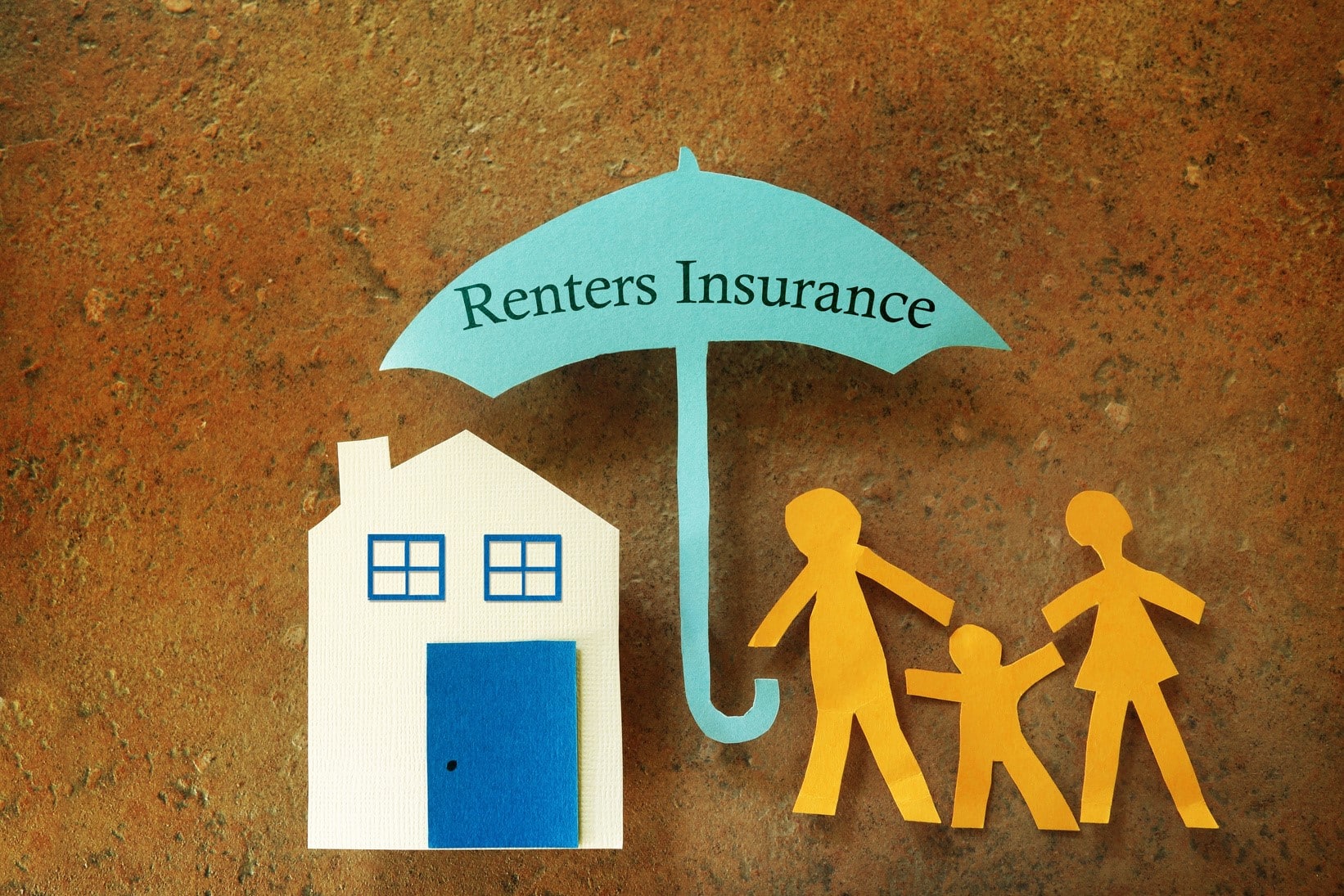Renters Insurance: Why You Need It and What It Covers
Renting a house or apartment can offer flexibility and convenience, but it also comes with risks. Many renters assume that their landlord’s insurance will cover any damages or losses to their personal property in the event of a disaster. Unfortunately, this is not the case. While your landlord may have insurance to protect the building, their policy won’t cover your personal possessions, living expenses if you’re displaced, or any liability you may face. This is where **renters insurance** comes in. In this guide, we’ll explore why renters insurance is essential and break down the coverage it offers.
What is Renters Insurance?
Renters insurance, also known as tenants insurance, is a type of policy designed to protect individuals who rent a property. It offers three main types of protection:
1. Personal Possessions: Covers the replacement or repair of your personal belongings in the event of a covered disaster.
2. Liability: Provides protection if you are responsible for injury or property damage to others.
3. Additional Living Expenses (ALE): Covers costs if you need to live elsewhere while your rental property is being repaired after a covered event.
1. Personal Possessions: Protecting Your Belongings
Your belongings are vulnerable to various threats such as fire, theft, or water damage. A standard renters insurance policy provides coverage for your personal possessions from these and other covered perils, which may include:
- Fire or smoke damage
- Lightning strikes
- Vandalism or theft
- Windstorms
- Water damage (excluding floods)
It’s important to note that **floods and earthquakes are typically not covered** under a standard renters insurance policy. However, you can purchase supplemental insurance to cover these disasters if you live in a high-risk area.
How Much Coverage Do You Need?
To determine the amount of coverage, you need to know the total value of your possessions. This includes furniture, electronics, appliances, clothing, and even smaller items like kitchen utensils and bedding. One helpful strategy is to create a home inventory, which is a detailed list of all your possessions along with their estimated value. This will not only guide you in choosing the right amount of coverage but also make it easier to file a claim if necessary.
Actual Cash Value vs. Replacement Cost
There are two types of renters insurance policies when it comes to covering your personal possessions:
- Actual Cash Value: This pays the current value of your items minus depreciation. So, if you owned a 5-year-old television that was stolen, the payout would reflect the current value of a 5-year-old TV, not the amount you paid for it originally.
- Replacement Cost: This type of policy covers the actual cost of replacing your items without accounting for depreciation. While replacement cost policies tend to be about 10% more expensive than actual cash value policies, they can be worth the extra cost for those who want to fully replace their belongings.
2. Liability: Protecting You From Legal and Financial Troubles
Accidents happen, and when they do, you could be held liable for damages or injuries that occur in your rental property. Renters insurance includes liability protection, which helps cover the cost of lawsuits for bodily injury or property damage you or your family members may cause to others. This coverage also extends to damage caused by pets.
For example:
– If your dog bites a neighbor or a visitor slips and falls in your apartment, liability coverage can help pay for medical bills and legal costs.
– If your child accidentally breaks a neighbor’s window or damages their property, your policy will typically cover the cost of repairs or replacement.
How Much Liability Coverage Should You Get?
Liability coverage typically starts at around $100,000, but some experts recommend having at least $300,000 in protection. You can also purchase an umbrella policy for additional liability coverage, which can provide up to $1 million or more in protection. Umbrella policies generally cost between $200 and $350 per year, offering a significant amount of coverage at a reasonable price.
No-Fault Medical Coverage
Renters insurance also provides no-fault medical coverage. If someone is injured in your home, you can submit their medical bills directly to your insurance company, usually up to $5,000. However, this coverage doesn’t extend to injuries sustained by your own family members or pets.
3. Additional Living Expenses (ALE): Covering the Cost of Displacement
If your rental property is damaged or destroyed by a covered peril and you need to live elsewhere while repairs are made, your renters insurance policy will cover **Additional Living Expenses (ALE)**. This coverage can help pay for temporary housing, hotel bills, restaurant meals, and other extra expenses you incur while displaced.
For example, if a fire renders your apartment uninhabitable, ALE coverage can help pay for the cost of living in a hotel or short-term rental until your apartment is repaired. The policy will typically reimburse you for the difference between your usual living expenses and the higher costs of temporary accommodations.
How to Buy Renters Insurance
Renters insurance is widely available and relatively affordable. Many companies that offer homeowners insurance also provide renters policies, and they are often similar in coverage. However, renters insurance doesn’t include coverage for the physical structure of the building, since that is the landlord’s responsibility.
Tips for Shopping for Renters Insurance
1. Compare Quotes: Prices can vary, so it’s essential to compare at least three quotes from different insurers. This can be done online or by contacting local agents.
2. Ask About Discounts: Many insurers offer discounts for bundling renters insurance with other policies, such as auto insurance. You can also save money if your rental property has safety features like smoke detectors or a security system.
3. Select the Right Deductible: The deductible is the amount you pay out of pocket before your insurance kicks in. Choosing a higher deductible can lower your premium, but make sure you can afford to pay it if you need to file a claim.
How to File a Renters Insurance Claim
If you experience a loss or damage to your property, here’s how to file a claim:
1. Report Any Crime: If theft or vandalism occurs, report it to the police immediately and obtain a police report.
2. Contact Your Insurance Company: Inform your insurer as soon as possible and provide details about the incident.
3. Document the Damage: Take photos or videos of the damage, and prepare a list of lost or damaged items, along with receipts if possible.
4. Keep Receipts for Living Expenses: If you need to relocate temporarily, keep all receipts for expenses such as hotel bills and restaurant meals.
5. Submit Claim Forms: Your insurance company will send you the necessary forms to complete. Return them as soon as possible to expedite the process.
Common Questions About Renters Insurance
Here are answers to some frequently asked questions:
- Is my bicycle covered? Yes, your bicycle and other recreational equipment are typically covered.
- Is my car covered? No, vehicles are not covered by renters insurance. You need separate auto insurance for that.
- Am I covered as a student? If you’re a college student living in a dorm, you may be covered by your parents’ homeowners or renters insurance. If you live off-campus, you’ll likely need your own policy.
- Can I share a policy with a roommate? Some insurance companies allow unmarried couples or roommates to share a renters policy, but it’s best to check with your insurer.
Conclusion
Renters insurance is an essential safeguard that can protect you from financial loss due to unexpected disasters, liability claims, or the need to temporarily relocate. With affordable premiums and flexible coverage options, it’s an easy and effective way to secure your belongings and peace of mind while renting. Make sure to shop around, compare policies, and choose the one that best suits your needs. By investing in renters insurance, you’re protecting your future and your financial well-being.
If your ready to get some quotes this Nerdwallet article is a great place to start:Nerdwallet Article




